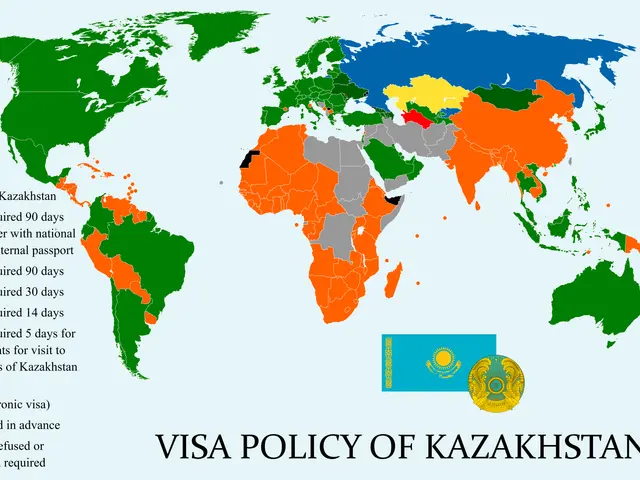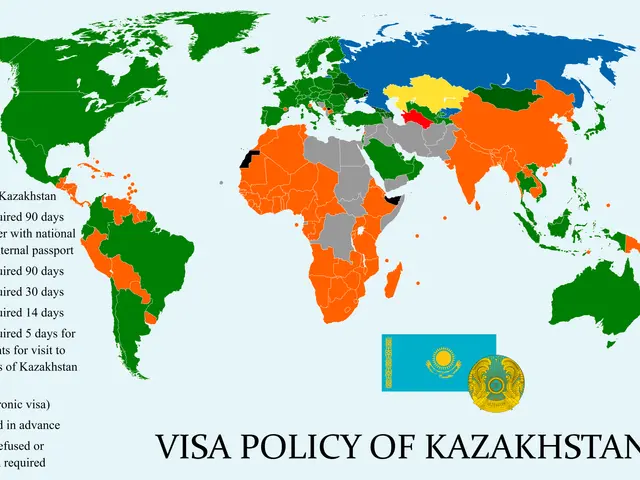Sudan grapples with a severe Cholera epidemic, resulting in over 40 fatalities within a week - Sudan grapples with severe cholera outbreak, resulting in over 40 deaths within a week
The ongoing civil war in Sudan, particularly the siege and repeated attacks by the Rapid Support Forces (RSF) on El Fasher in North Darfur, has severely exacerbated a humanitarian crisis in the region. This conflict has had a profound impact on various aspects of life, including cholera outbreaks, access to water, and the delivery of humanitarian aid in areas like Tawila and El Fasher itself.
Cholera Outbreaks
Since July 2024, cholera has ravaged Sudan, with acute outbreaks worsened by the conflict's disruption. Over 640,000 children are at risk of contracting cholera in Darfur due to overcrowding, lack of clean water, and compromised sanitation in displacement sites like Tawila and the Abu Shouk camp on El Fasher’s outskirts. The siege and ongoing violence have made sanitary conditions worse, increasing cholera transmission risk as displaced populations face inadequate water and hygiene resources.
Access to Water
Water infrastructure has been deliberately targeted or disrupted. For instance, the RSF seized the Golo reservoir and pumping station in May 2024, cutting off water supply to El Fasher before it was retaken by joint forces. During journeys fleeing fighting, civilians have suffered extreme thirst; scarcity of potable water is so acute that people share single sips to survive. Tawila, hosting about 400,000 displaced people escaping El Fasher, provides only makeshift tent shelter with limited water access, especially vulnerable during rainy seasons.
Humanitarian Aid Challenges
The siege of El Fasher since April 2023 has blocked trade routes and humanitarian access, creating soaring food prices and preventing aid deliveries. El Fasher and surrounding camps remain cut off from humanitarian assistance, forcing many residents to rely on limited rations like nutrient-packed biscuits and sorghum provided by agencies like WFP. The UN and humanitarian organizations repeatedly call for humanitarian pauses and safe access corridors to allow delivery of critical food, water, and medical aid to civilians trapped amid the fighting. Health infrastructure has been damaged, limiting treatment capacity for malnutrition and cholera cases; only a few hospitals remain functional in the besieged areas.
The dire circumstances in North Darfur have led to a rapid spread of cholera due to inadequate water and sanitation, disrupted water supplies, and severely constrained humanitarian aid. This has contributed to worsening hunger, disease, and civilian suffering in the region. The EU and 28 other states have called for a humanitarian truce in Sudan and the end of the siege of Al-Fasher to alleviate the suffering of the people trapped in the conflict.








